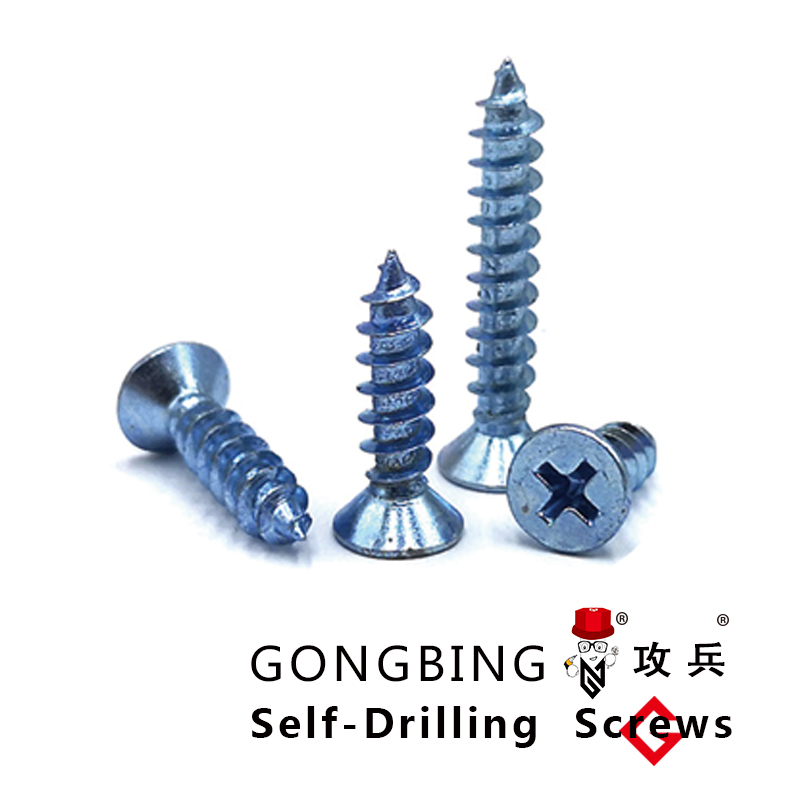Chemical Properties of Bolts Used in Concrete Structures and Their Performance Analysis
The Role of Chemical Bolts in Concrete Applications
Concrete is one of the most widely used construction materials in the world, known for its strength, durability, and versatility. However, the integrity of concrete structures often relies on the quality of installation and the fastening systems used to secure various components. Among these fasteners, chemical bolts have gained popularity due to their superior performance in various applications. This article explores the benefits, applications, and installation of chemical bolts in concrete settings.
Understanding Chemical Bolts
Chemical bolts, also known as chemical anchors or resin anchors, are a type of anchor used in concrete and masonry. Unlike traditional mechanical anchors that rely on expansion to secure themselves in the substrate, chemical bolts work by utilizing a resin or adhesive that bonds the anchor to the material. These bolts typically consist of a threaded rod and a two-part resin system (usually epoxy or polyester) that cures to create a strong bond with the surrounding concrete.
Advantages of Chemical Bolts
1. High Load Capacity One of the primary advantages of chemical bolts is their high load-bearing capacity. The adhesive bond allows them to transmit loads more effectively than many mechanical fasteners, making them suitable for heavy-duty applications.
2. Versatility Chemical anchors can be used in various environments and conditions, including cracked and uncracked concrete. Their ability to perform well in challenging conditions, such as those exposed to water or chemicals, makes them ideal for a range of construction projects.
3. Minimal Stress on Concrete Since chemical bolts do not rely on expansion to grip the concrete, they exert minimal stress on the surrounding material. This means a reduced risk of concrete spalling, which can occur with mechanical anchors, especially in aged or weakened concrete.
4. Adaptability Chemical anchors offer the flexibility to be used in various types of base materials, such as brick, concrete, and stone. This adaptability allows engineers and builders to choose chemical bolts for a range of applications, enhancing design possibilities.
Applications of Chemical Bolts
chemical bolts concrete

Chemical bolts are used in a variety of applications, including but not limited to
- Structural Engineering Chemical bolts are often employed to secure structural elements like steel beams, columns, and trusses in place, ensuring the overall stability of buildings and infrastructures.
- Safety Features They are frequently used to install safety features such as barriers, guardrails, and fall protection systems, especially in high-traffic areas where structural integrity is paramount.
- Renovation Projects In renovation works, where existing concrete may have deteriorated, chemical bolts provide a reliable solution for anchoring new fixtures without the risks associated with building on compromised material.
- Masonry Applications They are also used in masonry to secure various installations, from lightweight fixtures to heavier systems, making them indispensable for both new builds and repairs.
Installation Process
The installation of chemical bolts typically involves drilling a hole into the concrete where the anchor will be placed. The depth and diameter of the hole must match the specifications of the chemical anchor being used. After cleaning the hole to remove debris and dust, the two-part resin is mixed and injected into the hole before inserting the threaded rod. As the resin cures, it bonds with both the bolt and the concrete, resulting in a strong and durable connection.
Conclusion
In conclusion, chemical bolts present a reliable and efficient fastening solution for concrete applications. Their high load capacity, versatility, and minimal impact on the surrounding structure make them a preferred choice for engineers and builders alike. Whether in new constructions or renovations, the use of chemical anchors is set to continue growing, driven by advancements in materials science and the ever-evolving requirements of modern construction practices. As we move towards more complex and demanding structures, the role of chemical bolts in ensuring the safety and integrity of concrete applications will remain crucial.
-
Weatherproof Plastic Expansion Anchors for Outdoorవార్తలుJun.06,2025
-
Sustainability in the Supply Chain: Eco-Friendly TEK Screws Productionవార్తలుJun.06,2025
-
Load-Bearing Capacity of External Insulation Fixingsవార్తలుJun.06,2025
-
Double Head Bolts: Enhancing Efficiency in Industrial Machineryవార్తలుJun.06,2025
-
Corrosion Resistance in Chipboard Screws: Coatings for Wholesale Durabilityవార్తలుJun.06,2025
-
Butterfly Toggle Bolts : Enhancing Structural Resilienceవార్తలుJun.06,2025
